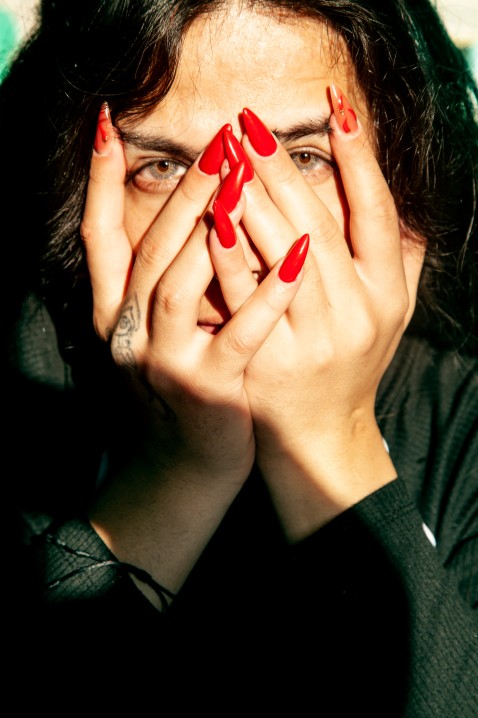
Loujain/
Lebanon, Omar Gabriel, Syria
“I dream of feeling safe in my home and on the streets, to live in dignity and enjoy the simple things in life”
READ THE STORY
“I dream of feeling safe in my home and on the streets, to live in dignity and enjoy the simple things in life”
READ THE STORY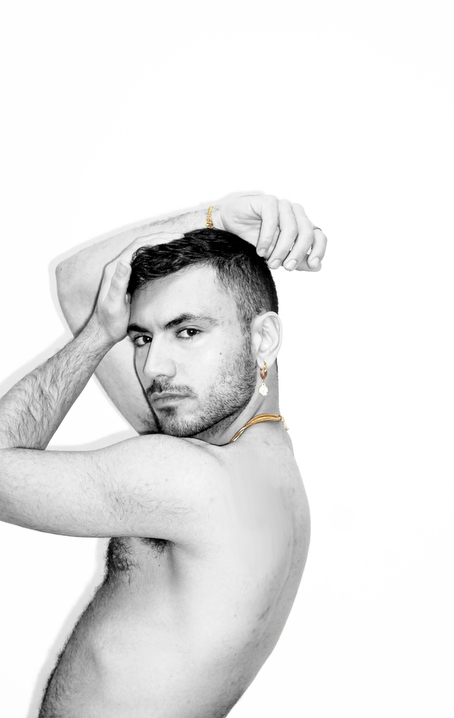
“im brown. im golden. im a child of the sun. a child of the rainbow.”
READ THE STORY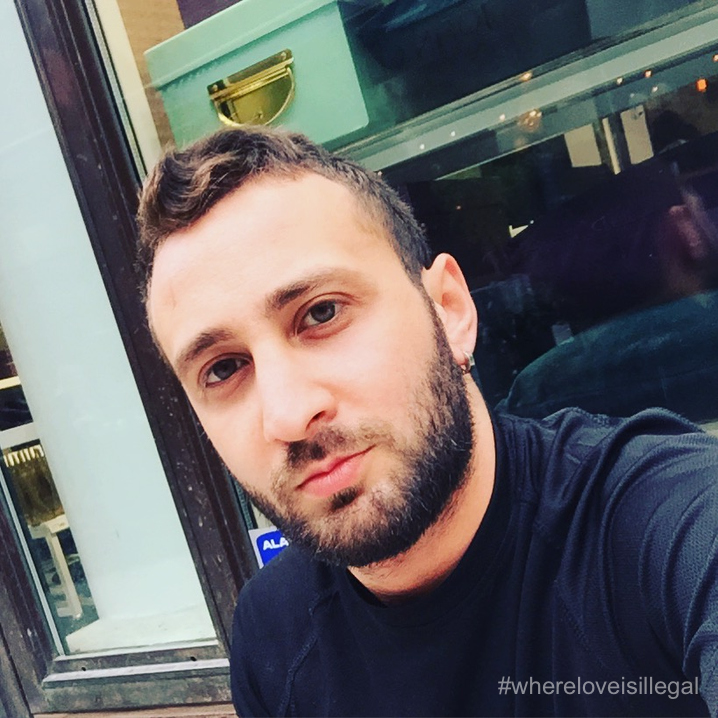
“despite the beatings and insults and the humiliating and hard words and despite being deprived of my most basic rights for almost 3 months… I would not give up because I knew I was right… breathing in the free air and crying both from happiness/relief and sadness. I thanked God and prayed and stood there staring at the sea until it was time to escape from Syria.”
READ THE STORY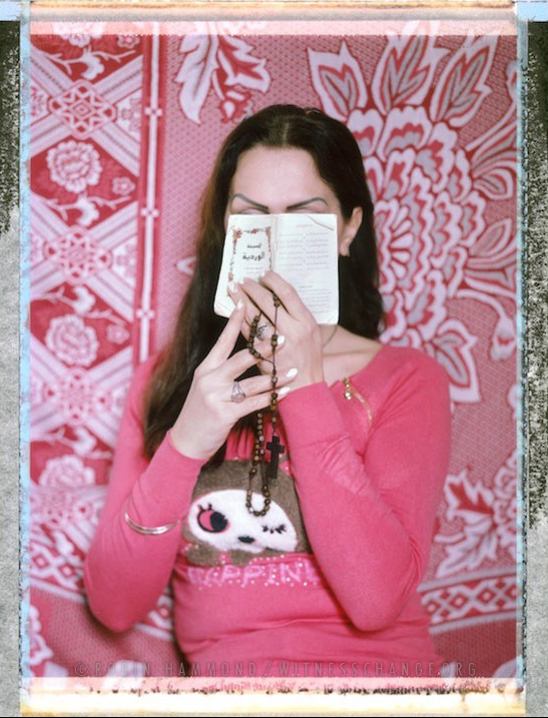
“I don’t want to write about my story because it bothers me a lot, it is exhausting me and makes me cry.”
READ THE STORY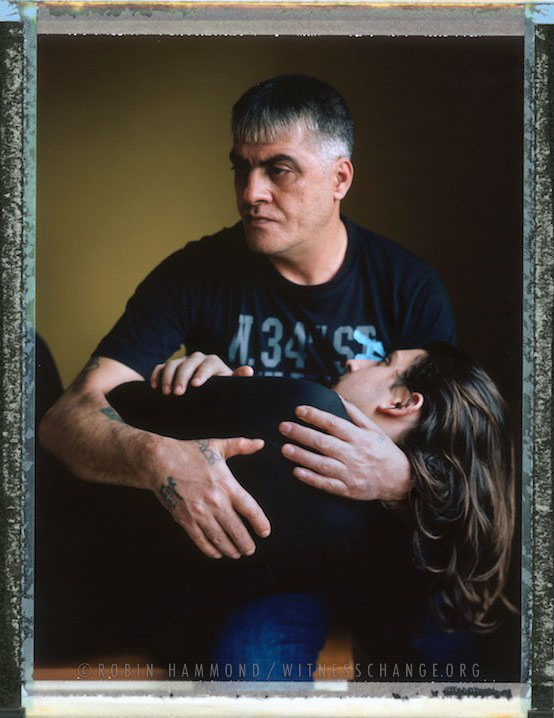
“You are rejected here. You will die because you are gay. I’m seeking to live in a peaceful place and feel comfortable. Not spending all my time in fear from police and society.”
READ THE STORY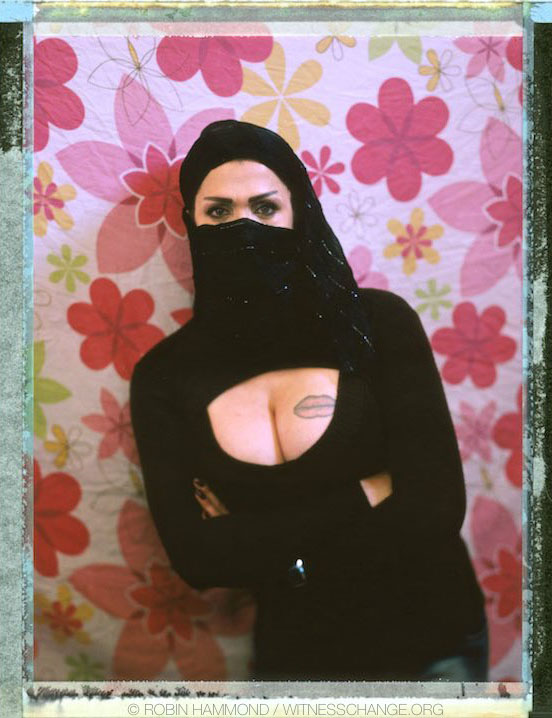
“They told me that if I stayed they would not be responsible for my safety. I knew that meant… they will rape me and discover who I am, then they will kill me.”
READ THE STORY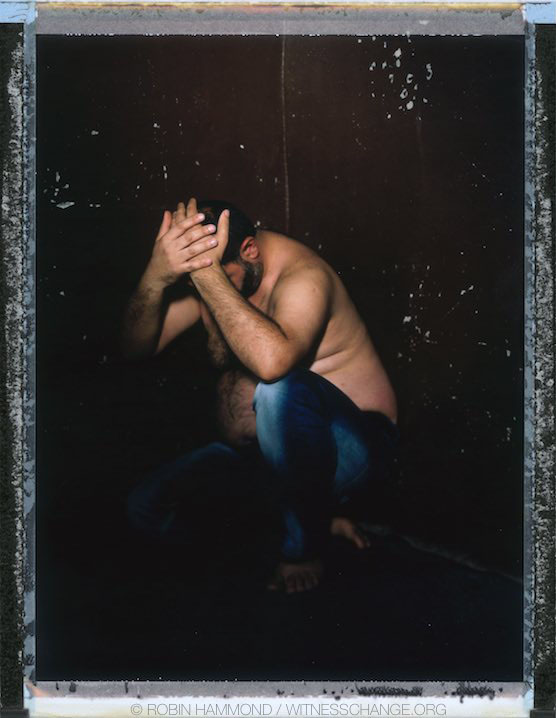
“They used their hands, their feet, cables, sticks – from 11 to 6 in the morning. I was bruised all over my body… They didn’t ask me anything. They beat me because I am gay.”
READ THE STORY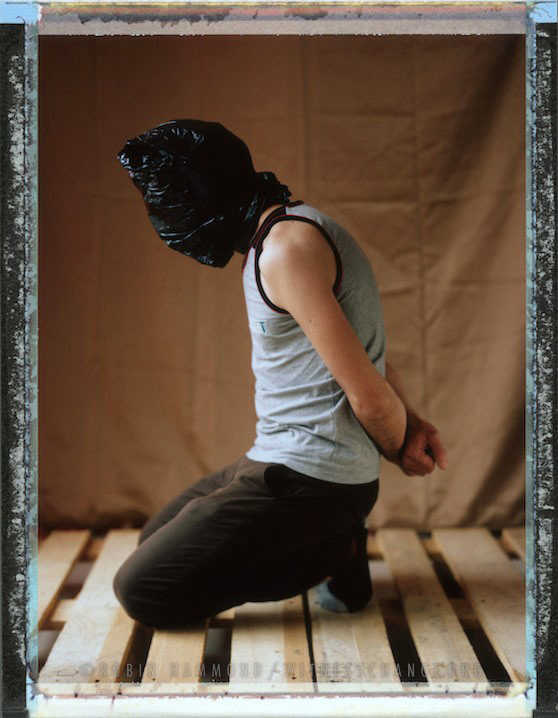
“Silence lives inside me in the darkness of fear and a despotic desperation…which settled in the hidden parts of the soul.”
READ THE STORY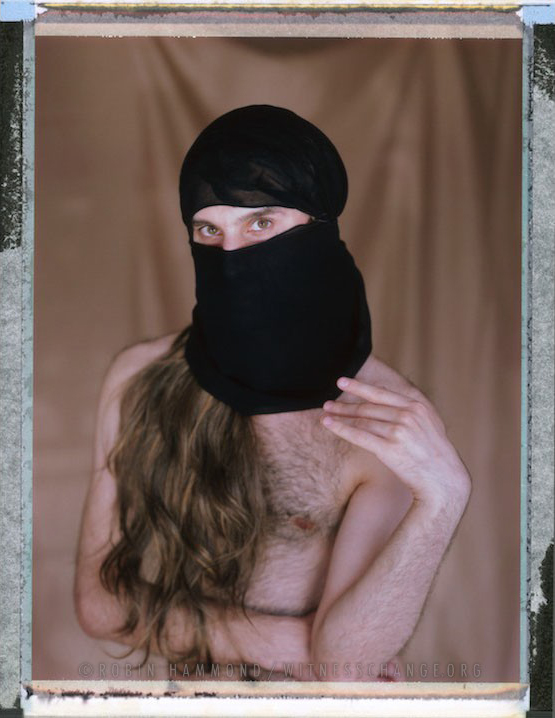
“My society is ruled by religions which strongly refuse my sexuality so I lived wearing the mask of a straight man.”
READ THE STORY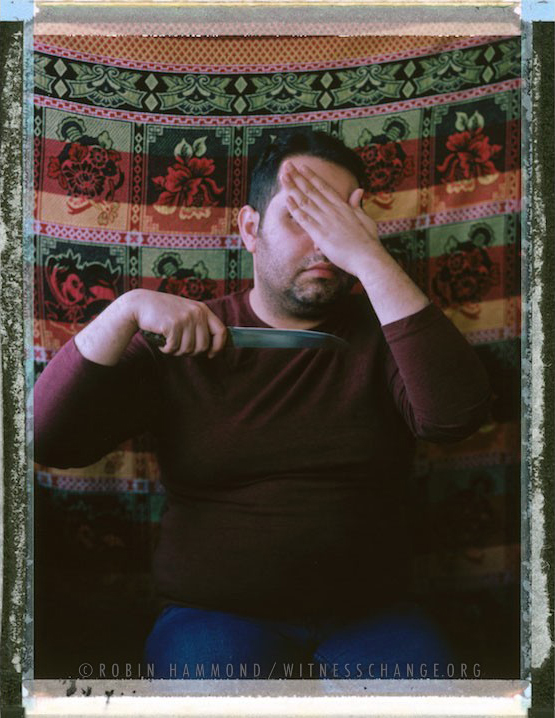
At first they threatened to cut my head off or shoot me – they would place the knife on my neck and say to me “are you ready to die”
READ THE STORY